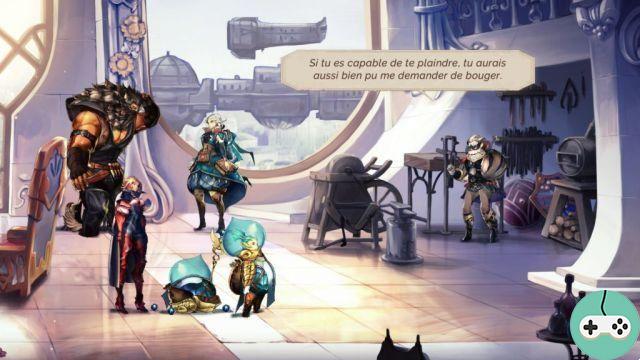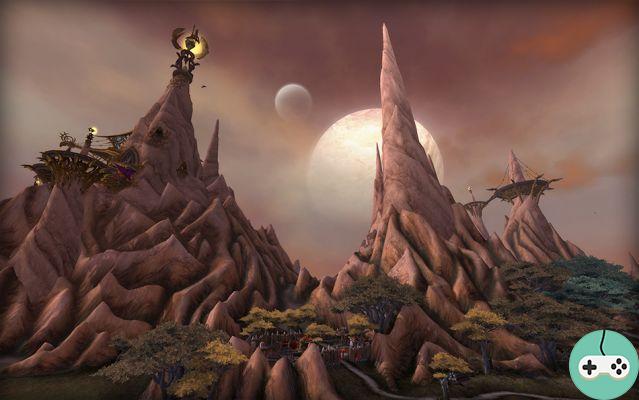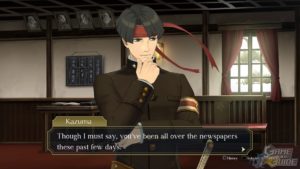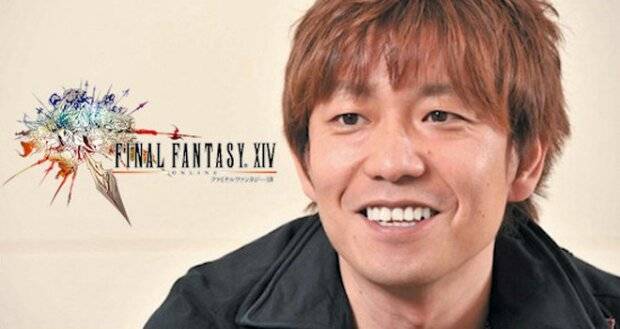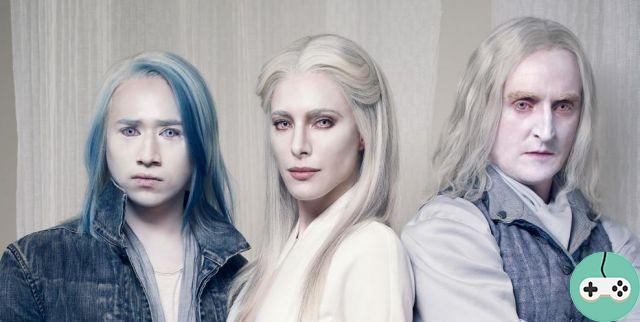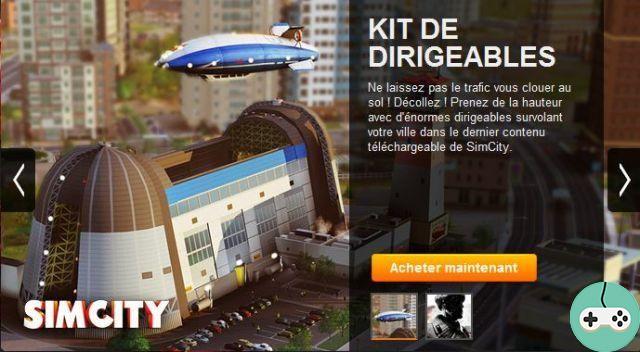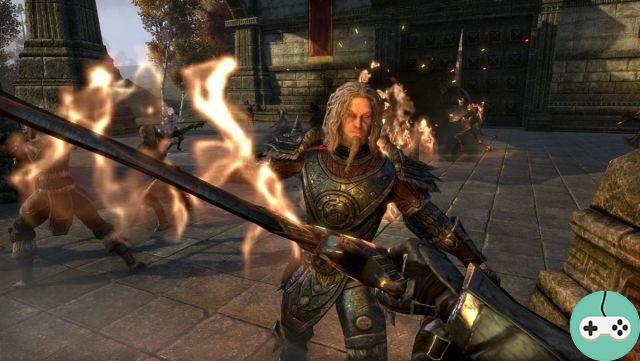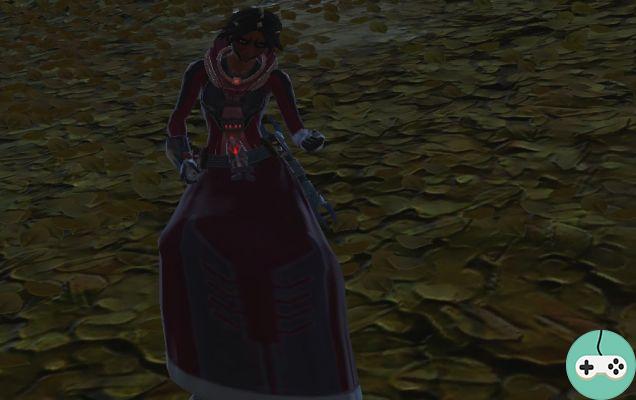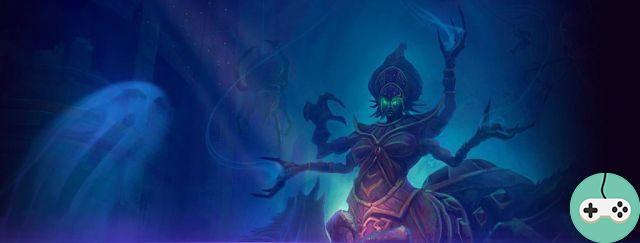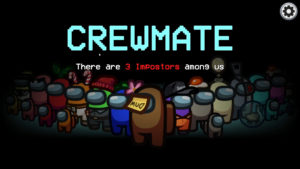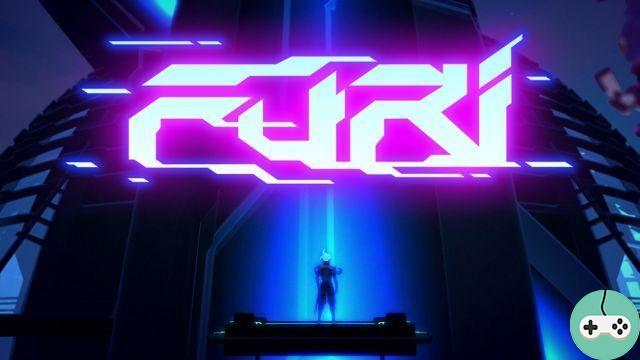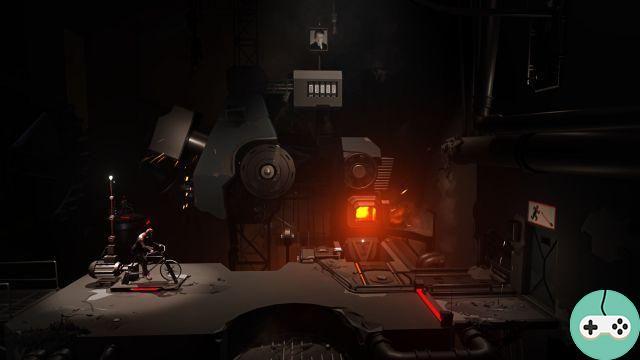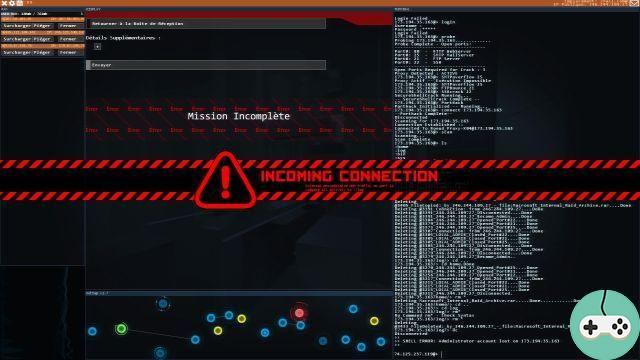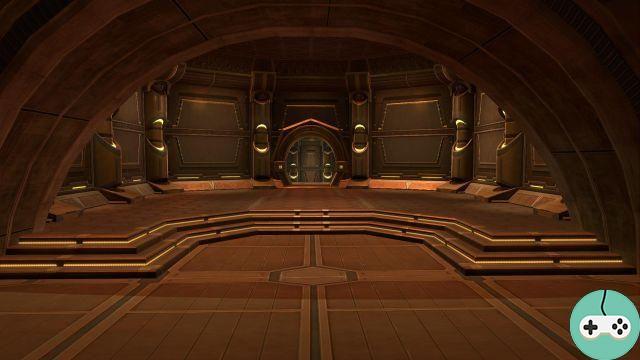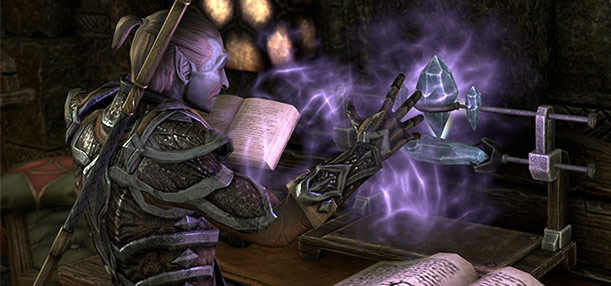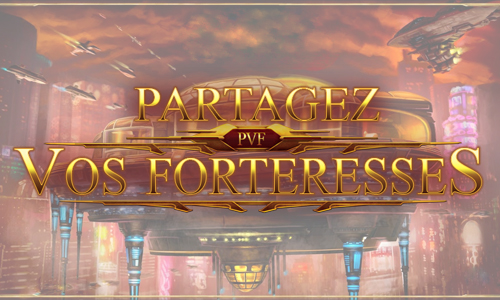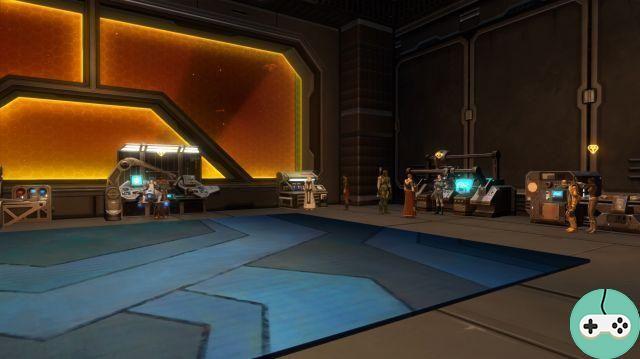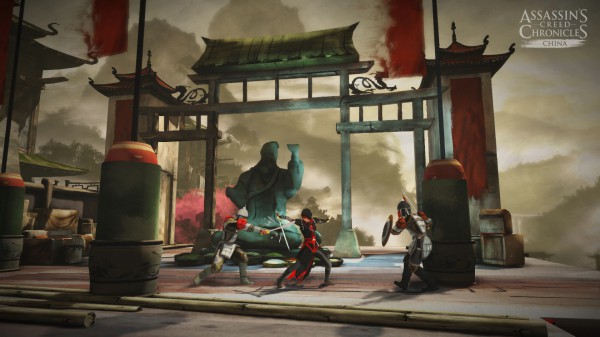Victoria 3, like its predecessors, is a game of grand political and economic strategy, based on our history. I had the opportunity to spend an hour with developers from the Paradox team to discover the title, before then being able to play it thanks to a beta version. During this presentation, we followed the course of a game, starting with the choice of the objective: learning the game (tutorial), economic dominance, hegemony and egalitarian society. Ready for a challenge, the developers decided to try to settle in Chile, with the plan to found an egalitarian society... in 1836!
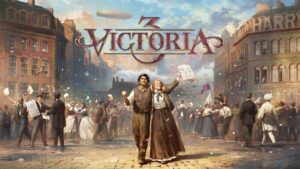
If you don't know the Victoria license, "Pops", for population, is a specific term found in this opus. These are therefore the inhabitants, 964 million in this beautiful country of South America. Several billions generated through the world map, divided into different groups: culture, religion, level of literature, political weight, interests... Some groups may be specific to certain countries, even if in the end we find the same archetypes.
The economy depends on states and buildings, as the player does not take direct control of people who settle there based on built and upgraded infrastructure. We must therefore make the country attractive so that it can grow. Not to mention that buildings don't work on their own either. They need employees.

A production chain is to be set up. Used as an example, the workshop consumes ore and wood, in order to produce tools. These can then be exported to other countries via the market. The developers identified a need in Bolivia. Suddenly, hop, awarded sold. Money is essential for the country to continue to function. The sources of income are numerous, but indirect. The buildings belong to companies, and the proceeds from the sales do not go directly into the state coffers. Thus, it is necessary to count on taxes and duties, but also customs duties, diplomatic agreements, or other more or less legal (and violent) means. Monitoring the market to identify demands and speculating is also a good idea to generate profit.
The other currencies are quite atypical. Bureaucracy is produced by government buildings and is used to run many services. Without it, all state systems crumble. The personal power of the leader of the country, with a direct impact on the freedom of the population and the ease with which decisions are accepted, represents authority. Influence concerns foreign relations, and is important for diplomacy. Research points are finally accumulated, at a rate that depends on the erudition of the population. They spend themselves in a research tree, split into three parts: production, military and society. Note the existence of a special technology, only for China.
The voice of the population is managed through groups. These archetypes are specific to each country, representing ideals. For example: military, Catholic Church, landowners, intellectuals, country people, capitalists, industrialists. In order to avoid problems, it is preferable to obtain support from several groups... or at least from those who represent the majority. Knowing that individuals gain attributes and change ideals, whether forced by circumstances or on their own.


Politics also involves the laws put in place, organized into three categories: power structure, economy and human rights. Since the goal of the game is to establish an egalitarian society, major changes are to be expected. For example, the Chile of 1836 is an oligarchy. It will be mandatory to establish a democratic government, as well as to set up institutions, starting with an education system.
I've already talked about it a bit, but diplomacy is essential for international relations. Everything is based on interests, visible or not to others. Thus, Chile shows a declared interest in the Andes. All nations have interests which, of course, will conflict, leading to tensions. It is possible to take action and try to impose your rights on a place of interest. This will have the advantage of moving the diplomatic chessboard, initiating a phase called "Diplomatic Play". But it is better to be certain of its assets because the countries whose interests are thwarted can decide to retaliate, peacefully or not. In the worst case, it can lead to war. Victoria 3 is not intended to be a war game. In any case, conflicts have major consequences that should not be overlooked, with the need to maintain a long-term vision and know how to be patient. Having an army, however, will not be useless, even for pacifists, if only to deter neighbors. The troops always defend the country, even if they are not mobilized. And, in times of peace, they contribute to the prestige of the country.


Each choice causes the world map to change. This is what they call the "living map". So, to show us the impact, the developers loaded a backup of 1935 Chile. The towns grew bigger, with obvious traces of pollution. The buildings of Santiago are modern, reflecting the very high standard of living of the inhabitants. The choices made can also be seen in the countryside, with deforestation in certain areas due to extensive industrialization. In several places, roads are replaced by railways, improving the speed of transporting goods between trading places.
Patience and reflection are necessary in this game where every decision counts.
Victoria 3 will be available on PC on October 25, 2022, at a price of 49,99 euros, and pre-orders are launched!




